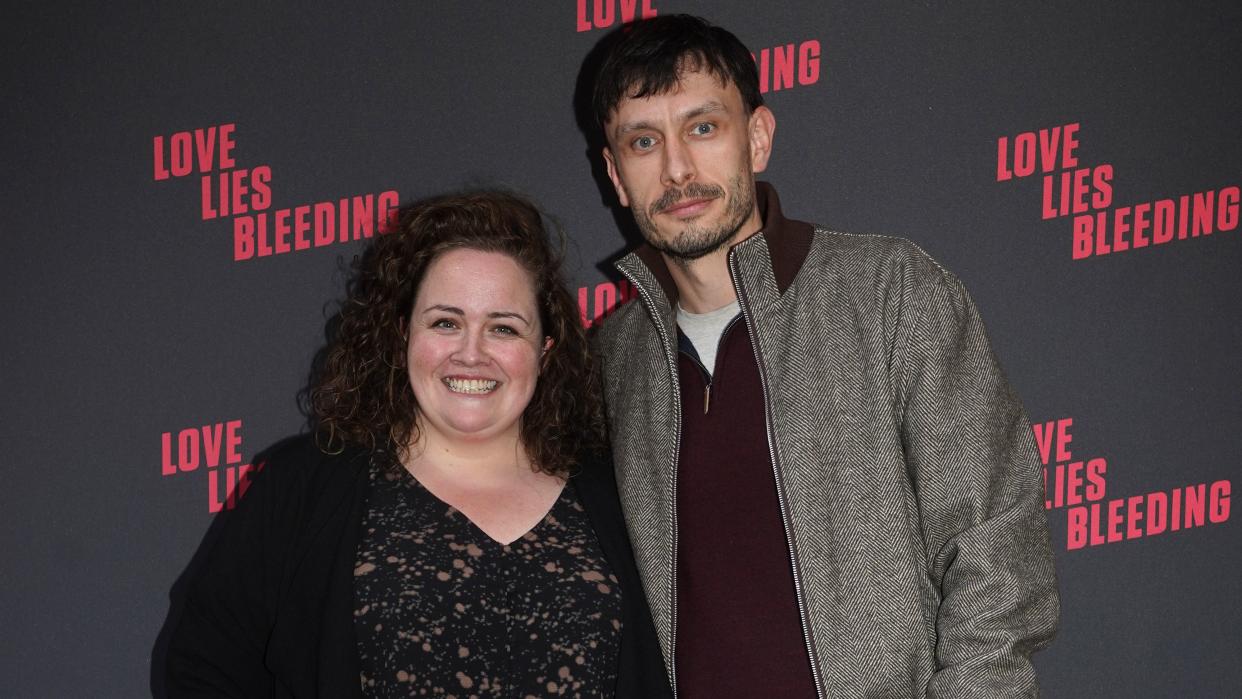Baby Reindeer success comes amid jump in subscription spending – Barclays

Spending on digital subscriptions has jumped annually, buoyed by shows such as Baby Reindeer and Ripley, according to Barclays.
New TV shows such as Netflix’s Baby Reindeer, the series created by and starring comedian Richard Gadd which has generated huge word-of-mouth and critical acclaim, and Ripley, starring Andrew Scott as an antihero drawn into a world of wealth and privilege, helped lead to an increase in spending on digital content and subscriptions, Barclays’ data indicates.
Barclays suggested that popular shows, along with higher subscription fees and stricter rules around password sharing introduced by some streaming companies, were behind a 10.6% increase in spending on digital content and subscriptions.
The spending research is based on consumer card spending data using Barclays debit card and Barclaycard credit card transactions.
It compares the period March 23 to April 19 2024 with March 25 to April 21 2023.
Spending on entertainment generally grew 3.2%, as families enjoyed the half-term break.
Growth in spending on takeaways and fast food remained flat, Barclays said, at 3.0%.
An Opinium survey among 2,000 people for Barclays in April found nearly three-quarters (73%) of people are actively looking for ways to reduce the cost of their weekly shop – the highest percentage since Barclays started tracking the figures in January 2023.
Six in 10 (60%) shoppers said they had noticed supermarket products running out of stock, with fruit and vegetables, and eggs and dairy products emerging as the most cited items impacted.
Despite this, 71% of people surveyed feel confident in their ability to manage their household finances. Consumers’ confidence in their ability to live within their means also improved, increasing by two percentage points month-on-month to 74%.
Overall retail spending contracted by 0.1%, Barclays said, marking the first month of decline for the category since September 2022, as in-store shopping was hampered by April’s cold snap.
Pharmacy, health and beauty retailers bucked this trend, seeing a 4.9% increase, boosted by a number of factors, such as the “lipstick effect”, the wellness boom and viral makeup and skincare videos, according to Barclays.
The lipstick effect is a concept whereby when consumers are faced with economic challenges, they will be more willing to buy smaller indulgences than bigger ones.
Karen Johnson, head of retail at Barclays, said: “Retailers were hopeful that discretionary spending would bounce back by mid-year, buoyed by falling inflation and the prospect of better weather. While improving consumer confidence offers a ray of hope for the retail and hospitality industries as the summer season approaches, many retailers have adjusted their expectations, anticipating no real recovery until the autumn.”
Jack Meaning, chief UK economist at Barclays, said: “Given the long squeeze consumers have faced, it may take time for this to translate into stronger discretionary expenditure, but easing interest rates in the second half of this year should spur consumers’ confidence and spending.”


